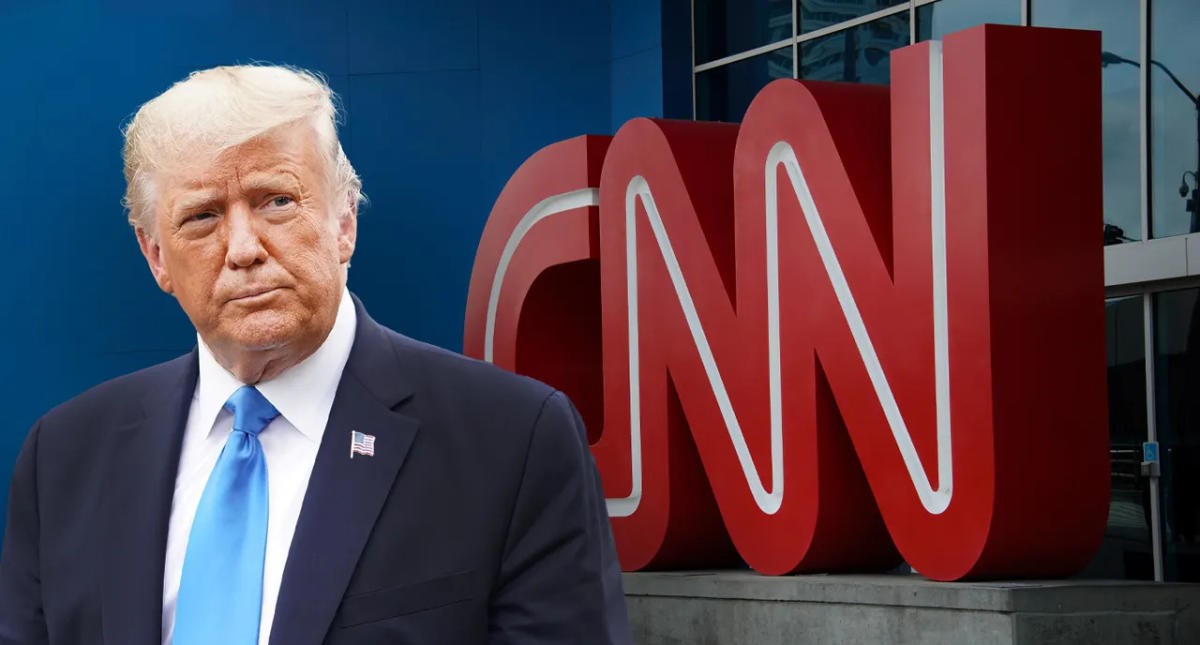CNN is facing a defamation lawsuit over Jake Tapper’s coverage of President Biden’s Afghanistan withdrawal, a Florida Court of Appeal has ruled. This development comes as Tapper is set to moderate the first 2024 Presidential debate, drawing increased scrutiny over his allegedly dishonest news coverage and repeated rebukes of former President Trump.
Background of the Lawsuit
The lawsuit stems from CNN’s 2021 coverage of the chaotic Afghanistan withdrawal, where the network accused Plaintiff Zachary Young of running a “black market” scheme and exploiting “desperate Afghans” for personal gain. Young, who was assisting in evacuating Afghans from Taliban control, argues that CNN’s portrayal harmed his security consulting company, Nemex Enterprises Inc.
Court’s Ruling
The First District Court of Appeal for the State of Florida ruled on June 12 that Young had provided sufficient evidence to move forward with his defamation suit for punitive damages. The court document stated that Young “sufficiently proffered evidence of actual malice, express malice, and a level of conduct outrageous enough” to warrant seeking punitive damages. The judges emphasized that the issue at hand was not whether Young could ultimately prevail but whether he had enough evidence to proceed.
Allegations Against CNN
Young, a U.S. Navy veteran, alleges that CNN “destroyed his reputation and business by branding him an illegal profiteer who exploited desperate Afghans” during a segment on “The Lead with Jake Tapper” aired on November 11, 2021. This segment was shared on social media and repackaged for CNN’s website, amplifying its reach and impact.
The court’s ruling highlighted internal CNN messages and emails expressing concern about the completeness and accuracy of the report, describing it as “a mess,” “incomplete,” and “full of holes like Swiss cheese.” Despite Young notifying CNN correspondent Alex Marquardt of factual inaccuracies hours before publication, the network proceeded with the story.
Internal Communications
The court acknowledged that internal communications revealed a lack of regard for Young, with CNN staff using profane language to disparage him. The judges noted that CNN’s defense for these internal attacks was described as “journalistic bravado,” raising questions about the network’s commitment to factual reporting.
Implications for the Presidential Debate
As Jake Tapper and Dana Bash, both known for their critical coverage of Trump, prepare to moderate this week’s presidential debate, concerns about fairness and bias have resurfaced. Trump supporters recall instances where Tapper and Bash compared Trump to Adolf Hitler, casting doubt on the impartiality of their moderation.
Earlier today, CNN’s Kasie Hunt cut off Trump spokeswoman Karoline Leavitt during a debate preview interview after she mentioned Tapper’s past comparisons of Trump to Hitler. This incident further fuels skepticism about CNN’s ability to host a fair debate, reminiscent of Chris Wallace’s controversial moderation of the 2020 debate.
The defamation lawsuit against CNN highlights significant issues regarding media accountability and journalistic integrity. As the network gears up for the first presidential debate, the outcome of this legal battle and the scrutiny of its moderators will likely impact public perception of CNN’s credibility and impartiality.
Will Jake Tapper’s “journalistic bravado” influence the debate stage? The coming days will reveal whether CNN can uphold the standards of unbiased journalism during this critical election period.


You must be logged in to post a comment Login